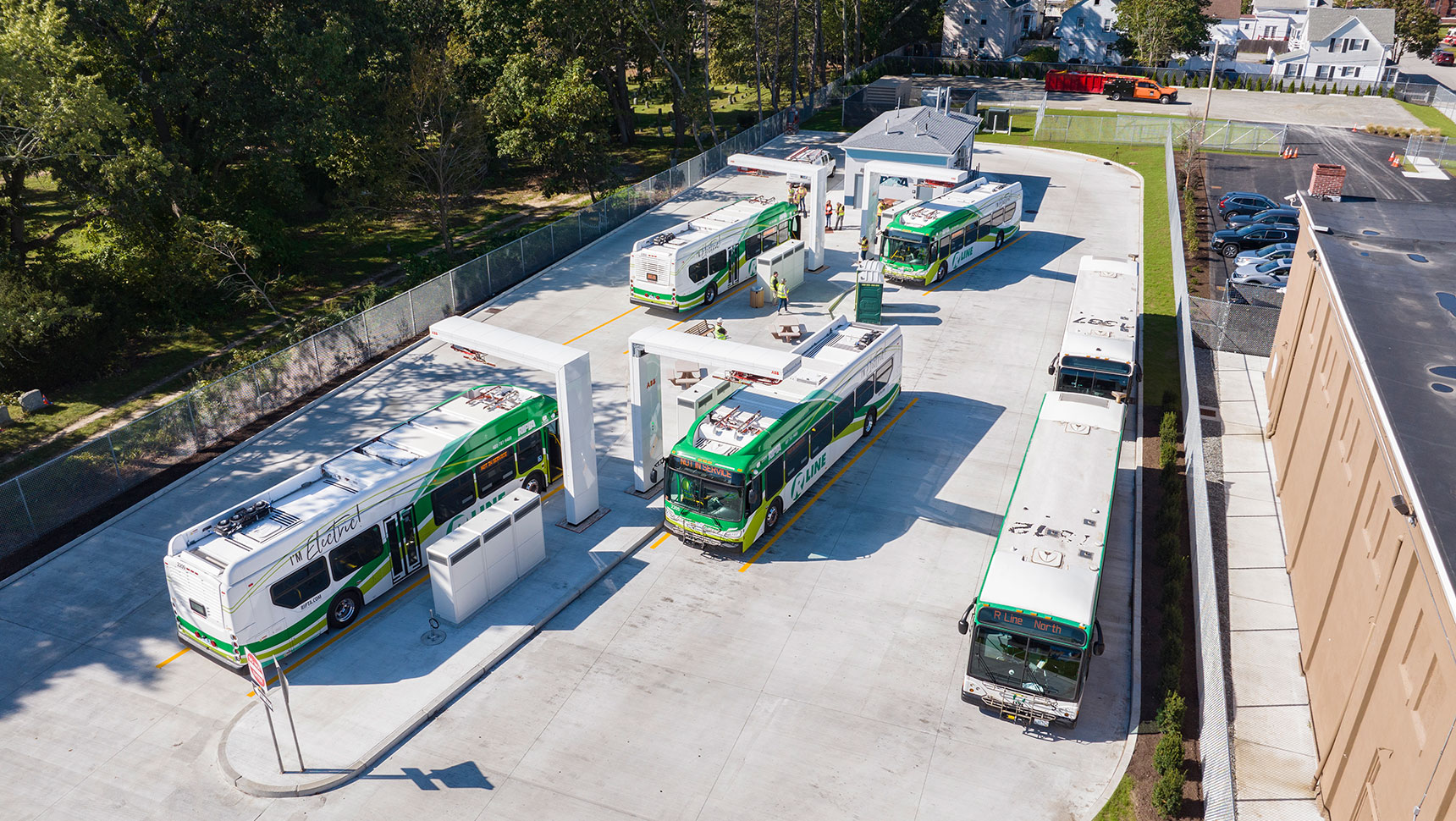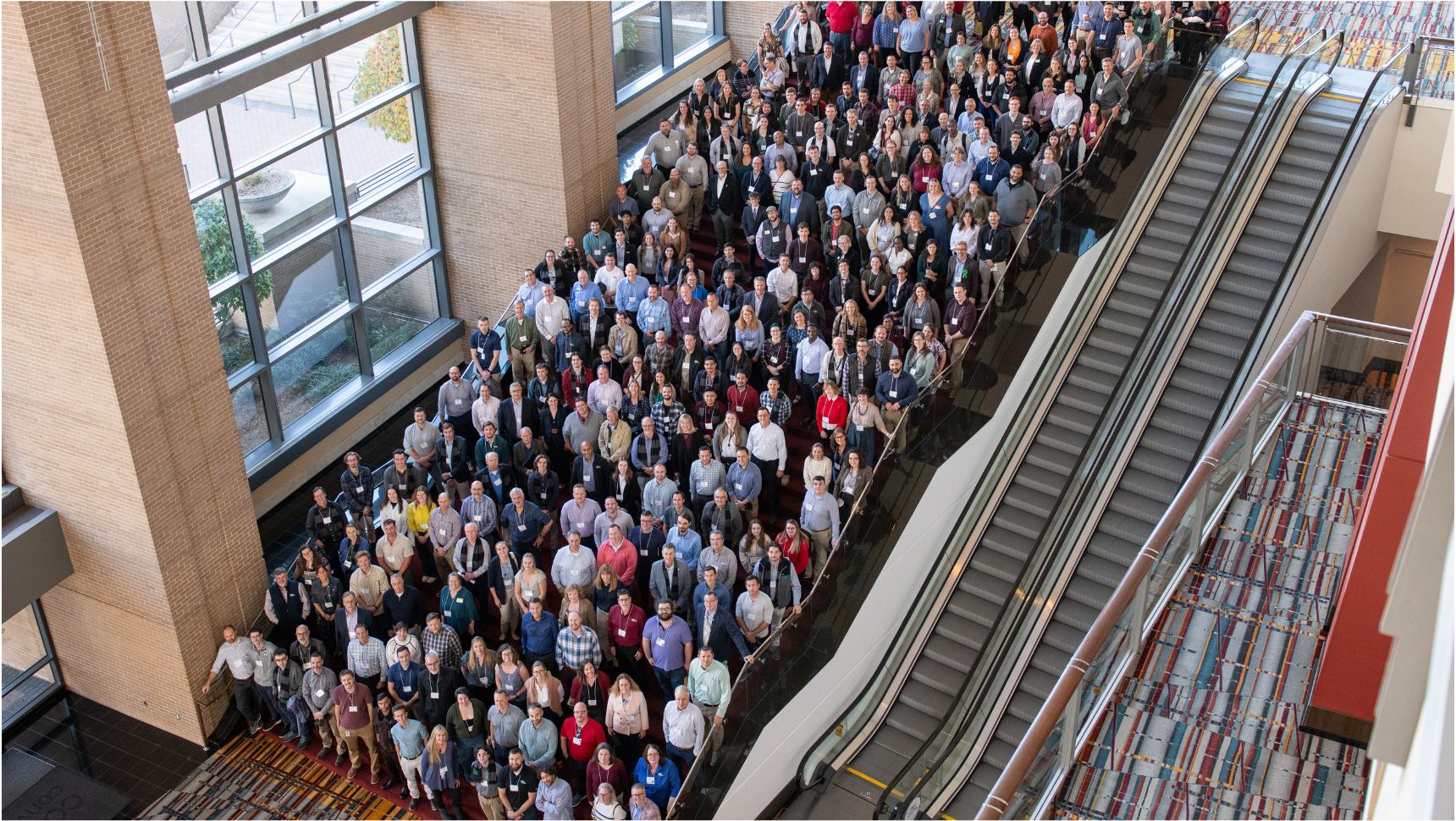Sustainability
Designing solutions that meet the needs of the present while working towards an environmentally, socially, and economically sustainable future is central to our work. We believe that this creates shared long-term value for our employees, our clients, and our communities.

Sustainability Policy
Our Sustainability Policy outlines the key principles that guide our business operations and shape our client services:
- Use our expertise as technical professionals to enhance resilience to climate change through adaptation, while also seeking ways to reduce and eliminate greenhouse gas emissions.
- Assist our clients to transition to a decarbonized, clean energy infrastructure that provides clean water and sanitation, supports sustainable consumption and production, and provides economic growth.
- Construct a built environment that respects and values the natural environment to promote health and well-being for all and create sustainable businesses and communities.
- Build partnerships with and among communities, organizations, and clients to support and advance sustainability.
- Work to create a more equitable, inclusive, and just society.
Sustainability-related services are embedded throughout our practice and include 10 key areas that range from water use reduction to climate adaptation design to renewable energy transition.
Resilience & Sustainability Capabilities
Greenhouse Gas (GHG) Emissions Inventories and Carbon Accounting
Measurement and inventory of GHG emissions using standard protocols and methods
Climate and Sustainability Action Planning
integrated planning, informed by science and engineering, to identify pathways to achieve climate and sustainability goals
Energy Assessment and Management
Assessment of facility energy systems comma auditing. Comma and development of energy efficiency. And management strategies
Nature-based Solutions
Integrating nature based solutions to support climate resilience and adaptation in urban to rural settings in coastal and inland environments
Water Conservation/Use Reduction
Treatment, reuse and process solutions to conserve and protect water resources
Reporting and Disclosure
Support for quantitative reporting of sustainability-related metrics on third-party and other public-facing communication platforms
Climate Vulnerability Assessment
Comprehensive evaluation of exposure and vulnerability to climate and natural hazards and identification of adaptation and mitigation to increase resilience
Decarbonization and Transition to Renewable Energy
Engineering and planning services for the transition of operations facilities to renewable energy and net zero
Climate Adaptation Design and Implementation
Designing and implementing a range of green, grey and hybrid solutions to adapt and increase resilience to climate change
Waste Generation Reduction
Auditing and development of solutions for recycling and reduction of material use within operations and processes
Science Based Targets Initiative
Fuss & O’Neill has committed to set near-term company-wide emission reductions in line with a science-based target to limit global warming to 1.5°C with the Science Based Targets initiative (SBTi). The SBTi has approved Fuss & O’Neill’s near-term science-based emissions reduction target to reduce Scope 1 and Scope 2 GHG emissions 42% by 2030 from a 2021 base year, and to measure and reduce Scope 3 emissions. As one of less than 150 Small to Medium Enterprises in the United States that has committed to science-based targets, we are proud to take a leadership role in the reducing greenhouse gas (GHG) emissions and support our clients as they take action to create a more resilient future.
UN Global Compact
Fuss & O’Neill committed to the United Nations Global Compact in 2022, becoming part of a global movement focused on helping set standards for sustainable and responsible business practices. Our engagement with the UN Global Compact demonstrates our commitment to sustainability, including climate resilience, in our own operations and in our work with clients. Our Communication on Progress, which provides an annual update on our progress advancing the Global Compact goals, can be found in the link below.


